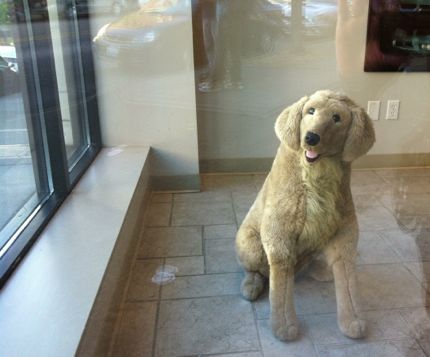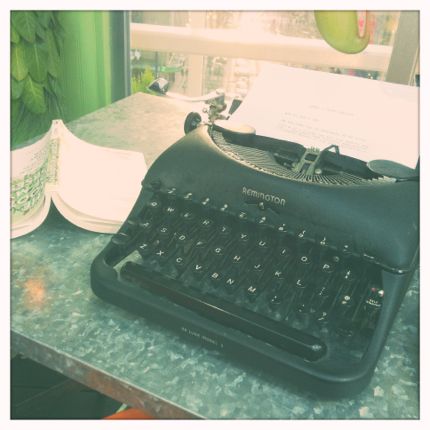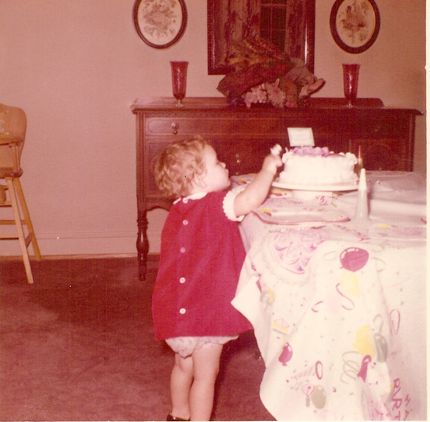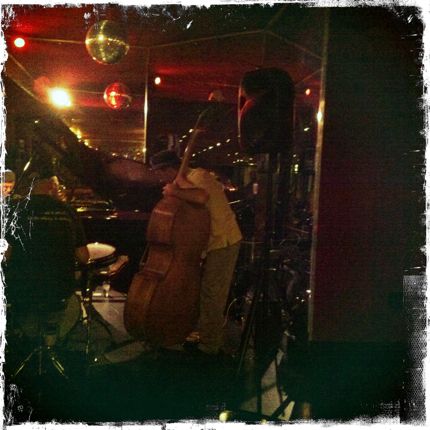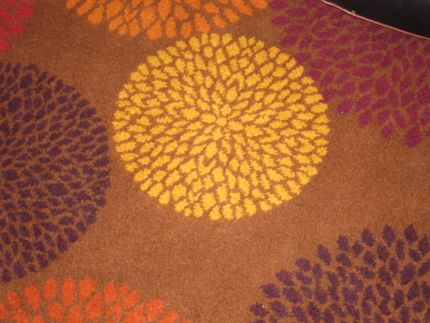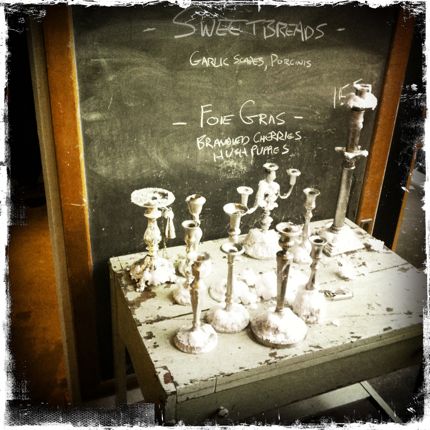On and off throughout my life–as far back as eighth grade–I’ve tried my hand at writing fiction, everything from several romance novels to half a vampire/Gothic/time travel novel to screenplays.
Other than a few short stories in the college literary magazine, none of my fiction writing has ever been published. So it is with a bit of trepidation that I offer up one of my short stories for what I hope will be your reading pleasure today.
“Little Deaths” explores the everyday things in our lives that change or die as we get older, as well as relationships that sour over the years.
I believe it is very much in the Five More Minutes With zeitgeist. And as we move forward with the Web site, I want to offer every sort of form to readers for their edification and enjoyment–memoirs, short stories, poems, video, audio, and whatever forms of communication may one day be a part of our everyday lives.
I hope you enjoy reading “Little Deaths” as much as I am happy and elated to share it.
*****
Helen clicked off the television the moment the advertisement came on, the one that showed a middle-aged woman with flowing locks running through a field of flowers while the announcer intoned, “Rogaine for Women, for the times when the hair on the bathroom floor isn’t your husband’s.”
Male-pattern baldness ran in Helen’s family, with her father, grandfather, and great-grandfather’s heads all eventually growing as smooth and shiny as billiard balls. Now it was her brother Henry’s turn; even with twice-daily Rogaine use, his hairline was receding as fast as a redwood forest during a firestorm.
As she padded to the bathroom, Helen realized that lately she had begun to dread taking showers. She was mad about the Pine Sap Shampoo for Thinning Hair she’d bought at the health-food store for an extravagant $24.95, and madder still because even as the foul-smelling suds permeated to her scalp, strands of hair stuck to her fingers. As she patted the shampoo over her head, trying to keep as many hairs in her head as possible, her gentle touch wasn’t working.
Tendrils of hair curled over her body and stuck to her extremities and stomach, clinging obstinately even as she tried to brush them away. Each fallen hair seemed like a personal defeat, a little death, mocking her. Why had the hairs grown so spindly and thin lately? Why wouldn’t they stay in her head any more?
Helen had heard of men and women who lost the hair over their entire bodies, including eyelashes and eyebrows. Victims of alopecia areata were often featured on “Oprah” or “Jerry Springer” along with severe burn victims or albinos–people who looked different from the norm. To a person, these hairless humans said they’d rather have lost a kidney than their hair.
Helen’s father attributed his hair loss to the tight helmet he wore during combat in World War II. His painstaking comb-overs were the stuff of family legend, something Dr. Schneider pursued as relentlessly as the patients he probed in his medical office in the suburbs of Philadelphia.
Helen could still remember the way her father stood in front of the bathroom mirror and moistened a small straight comb with hot water. Then, as carefully if he were performing inner-ear surgery, he coaxed a few fluffy brown wisps from one side of his head to the other, barely covering his bald pate.
Once, when her father came to visit Helen after she married, the cat jumped onto the sofa while he napped. Wolfgang licked his bald spot with relish, attracted by the oils on the bare scalp, and Dr. Schneider awoke with a start. Helen laughed, but Dr. Schneider didn’t find it funny. He never liked animals much anyway. Now Helen locked the cat away whenever her father came to visit.
As Helen stood naked in front of the bathroom mirror, examining the bald patches that glowed eerily around her temples, her once perky breasts and stomach that now sagged forlornly, she remembered how her father sometimes used to take her and Henry to the hospital when he had an emergency call.
When the two tired of coloring or playing with the telephones in his office, they went downstairs to the hospital museum, a secure place where they were allowed to roam freely.
The see-through skeleton was Helen’s favorite exhibit, a six-foot-tall, anatomically correct representation of the human body. The clear plastic body made a complete revolution every two minutes, displaying all the organs and arteries and veins as it twirled.
When you pressed the proper button, various bodily systems (the lymph glands, the blood vessels) lit up, bright as a pinball machine.
Henry always pressed the button for the female reproductive system, which illuminated the skeleton’s breasts, ovaries, and vagina.
Helen had never forgotten her brother’s giddy laugh, his childhood reverie as he pressed the button repeatedly and pointed at the skeleton’s hairless body.





